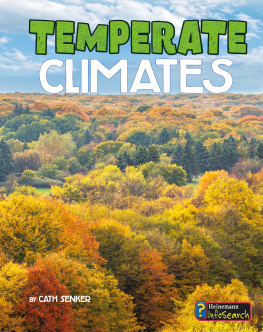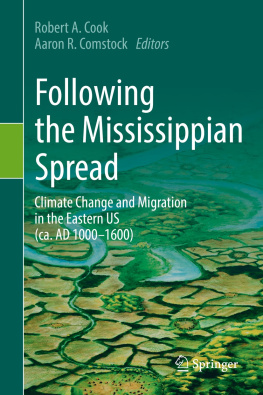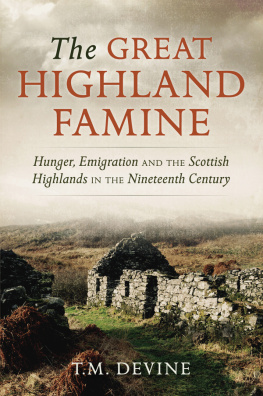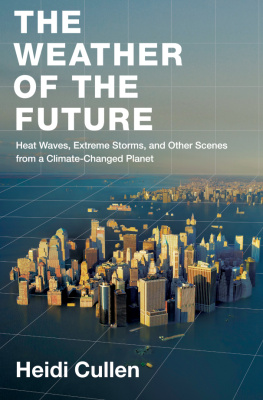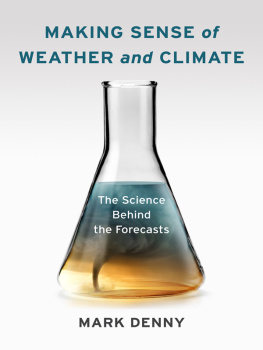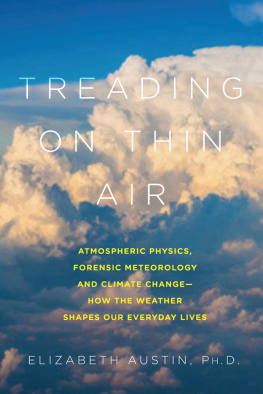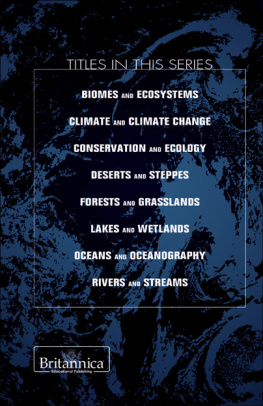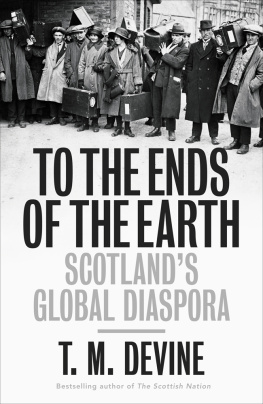Weather, Migration and the Scottish Diaspora
Why did large numbers of Scots leave a temperate climate to live permanently in parts of the world where greater temperature extreme was the norm? The long nineteenth century was a period consistently cooler than now, and Scotland remains the coldest of the British nations. Nineteenth-century meteorologists turned to environmental determinism to explain the persistence of agricultural shortage and to identify the atmospheric conditions that exacerbated the incidence of death and disease in the towns. In these cases, the logic of emigration and the benefits of an alternative climate were compelling. Emigration agents portrayed their favoured climate in order to pull migrants in their direction. The climate reasons, pressures and incentives that resulted in the movement of people have been neither straightforward nor uniform. There are known structural features that contextualize the migration experience, chief among them being economic and demographic factors. By building on the work of historical climatologists, and the availability of long-run climate data, for the first time the emigration history of Scotland is examined through the lens of the nations climate. In significant per capita numbers, the Scots left the cold country behind; yet the homeland remained an unbreakable connection for the diaspora.
Graeme Morton is Professor of Modern History at the University of Dundee where he is also Director of the Centre for Scottish Culture. His research is focussed on the study of migration, the Scottish diaspora, national identity and the weather.
Routledge Studies in Modern British History
White-Collar Crime in Late Nineteenth and Early Twentieth-Century Britain
John Benson
Transport and its Place in History
Making the Connections
Edited by David Turner
The Independent Labour Party 19141939
The Political and Cultural History of a Socialist Party
Keith Laybourn
Sport and the Home Front
Wartime Britain at Play, 193945
Matthew Taylor
Weather, Migration and the Scottish Diaspora
Leaving the Cold Country
Graeme Morton
Science, Utility and British Naval Technology, 17931815
Samuel Bentham and the Royal Dockyards
Roger Morriss
Credit and Power
The Paradox at the Heart of the British National Debt
Simon Sherratt
For more information about this series, please visit: https://www.routledge.com/history/series/RSMBH
First published 2021
by Routledge
2 Park Square, Milton Park, Abingdon, Oxon OX14 4RN
and by Routledge
52 Vanderbilt Avenue, New York, NY 10017
Routledge is an imprint of the Taylor & Francis Group, an informa business
2021 Graeme Morton
The right of Graeme Morton to be identified as author of this work has been asserted in accordance with sections 77 and 78 of the Copyright, Designs and Patents Act 1988.
All rights reserved. No part of this book may be reprinted or reproduced or utilised in any form or by any electronic, mechanical, or other means, now known or hereafter invented, including photocopying and recording, or in any information storage or retrieval system, without permission in writing from the publishers.
Trademark notice: Product or corporate names may be trademarks or registered trademarks, and are used only for identification and explanation without intent to infringe.
British Library Cataloguing-in-Publication Data
A catalogue record for this book is available from the British Library
Library of Congress Cataloging-in-Publication Data
A catalog record has been requested for this book
ISBN: 9780367350642 (hbk)
ISBN: 9780429329500 (ebk)
Typeset in Times New Roman
by codeMantra
To my family who returned to the cold country.
This research was made possible by the support of the Social Sciences and Humanities Research Council of Canada (Grant Number: 430220). Thanks are due to the Research Assistants who worked on this project over a number of years, most of whom (I think) developed a new appreciation for Cloudbusting: Katie McCullough, Marian Toledo Candelaria, Shayna Devlin, Sierra Dye, Alice Glaze and Chelsea Hartlen.
My thanks go to Chris Whatley for encouraging me to push on with this endeavour and for kindly reading some early drafts. I am grateful to various archivists and librarians for helping me source some occasionally obscure materials, principally colleagues at the National Library of Scotland in Edinburgh, Orkney Library and Archive in Kirkwall, the National Meteorological Archive in Essex, the New-York Historical Society Museum and Archive and the Library of Congress in Washington.
Thanks especially go to S.A. Morton for turning data into graphs with an aptitude akin to turning water into wine. His pedantry and eye for a misplaced endnote has been admirable.
The association between extreme weather and patterns of migration has focussed chiefly on the consequences of environmental and social disaster.
Given fears that unplanned New York (2019)and the UK government proposed legislation to ban all new sales of diesel- and petrol-powered vehicles by 2035. Similar efforts are on-going elsewhere in the world, yet the cities of Belgrade, Beijing and Delhi are among those environments that have experienced progressively worsening health-damaging smog from industrial activity and rising vehicle use. Indeed, the connection was further illustrated when CO2 levels dropped by record amounts across several nations during the lockdown period occasioned by the Covid-19 pandemic of 2020.
The Kyoto Protocol ():
Meteorologists have maintained that the impact of global warming is not confined to any one-off incident but that the severity, frequency and impact of climate events are exacerbated as a consequence.
The period examined in this book, roughly from the 1780s until the 1920sthe long nineteenth centurycovers the decades when the nations of Britain and Ireland lost historically significant proportions of their population to overseas migration. My objective is to investigate the extent to which climate factors contributed to drive this flow of emigrants and to examine how climate knowledge, both popular and scientific, was used to rationalise and support the movement of people to America and the settler colonies of
Although a more varied pattern is found for England and Caribbean, and the generally cool climate of North America.
The approach
emigration experience that Scots underwent during the long nineteenth century. In per capita terms, Scotland has been second only to Ireland in the loss of its population to migration overseas during this period, a rate that was consistently above that for England. Yet Scotland was one of the first countries in the world to industrialise, to urbanise, and it was a country whose economy was growing, factors, one might assume from the study of other European migrants, to flatten the pressure to emigrate.


